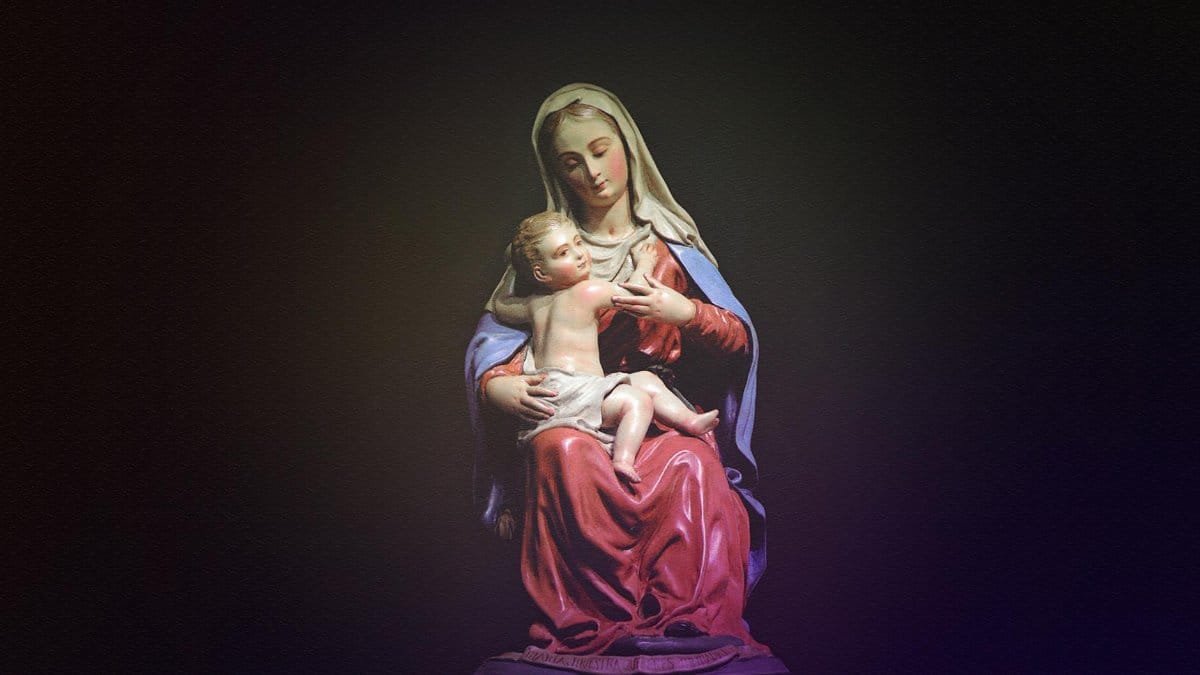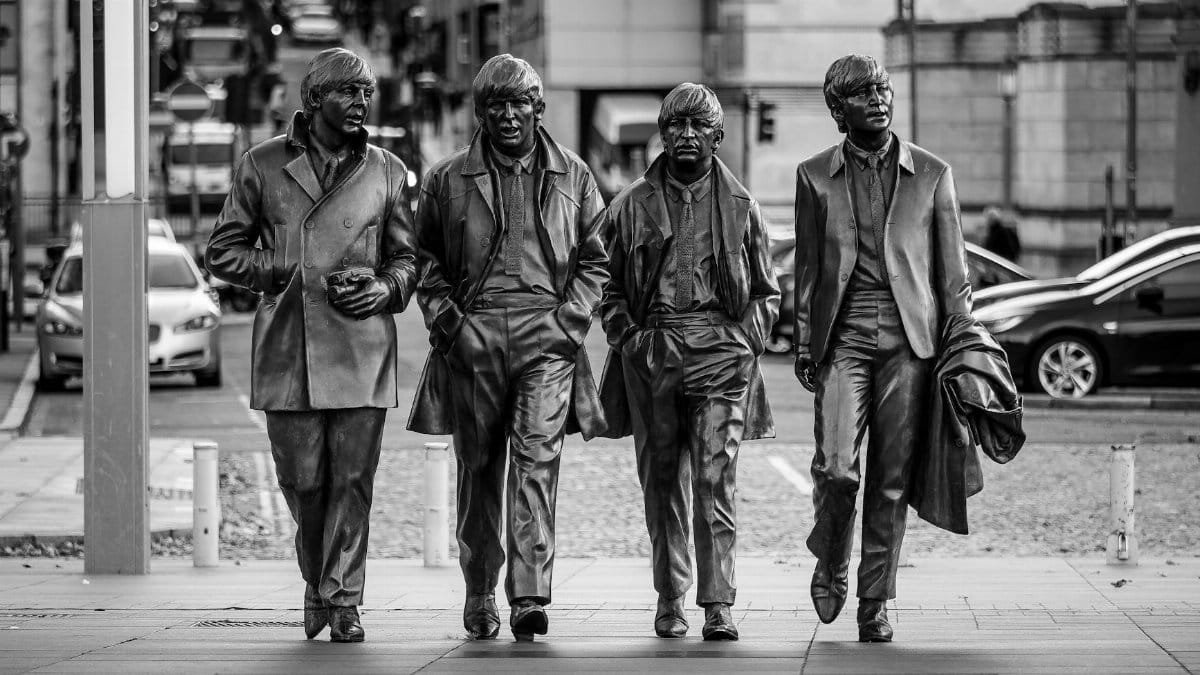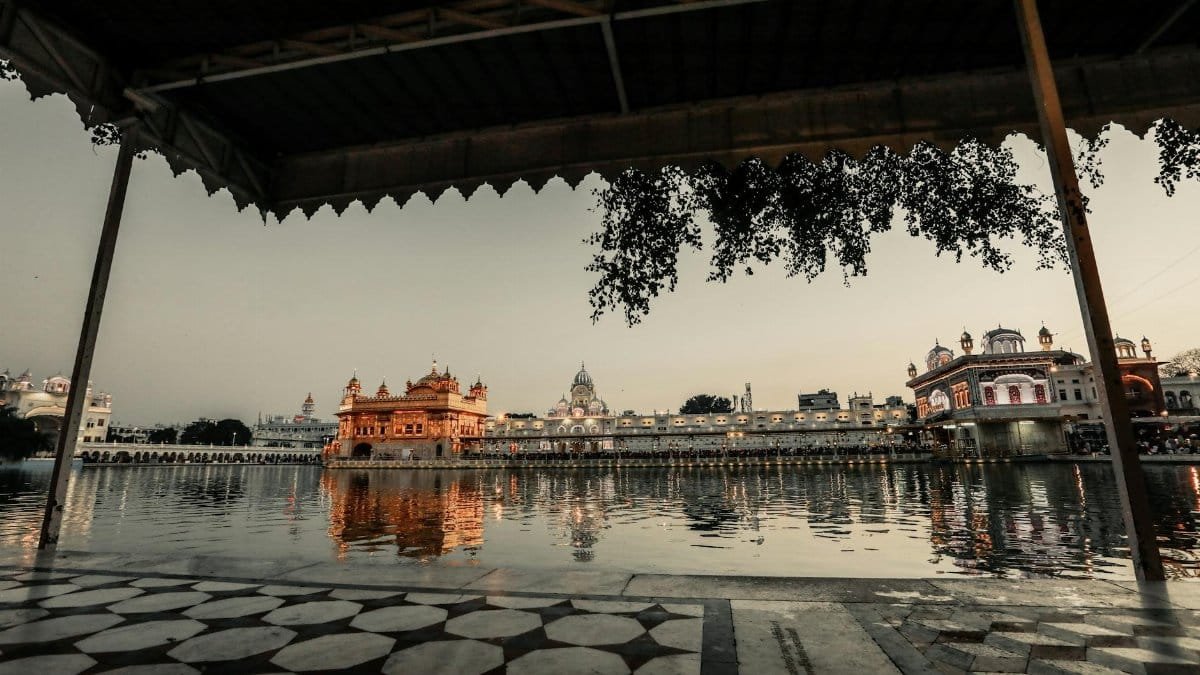Simply put, musicians spiritual gurus are artists whose work and lives transcend entertainment, inspiring profound personal and spiritual growth. Their songs, philosophies, and even quirks have guided fans toward deeper meaning, often without the artists realizing their guru-like impact. From poetic lyrics to rebellious ideals, these icons shaped generations. This isn’t just about music—it’s about influence that mirrors ancient wisdom. Here are eight famous musicians who unknowingly became spiritual beacons, proving that a stage can be as powerful as a pulpit.
1. Bob Dylan: The Prophet of Poetic Insight

Bob Dylan didn’t just write songs; he crafted riddles that forced listeners to think. His lyrics in tracks like “Blowin’ in the Wind” posed existential questions about freedom and justice, echoing the musings of spiritual teachers. Fans have long dissected his words for hidden truths, turning albums into sacred texts. A 2019 study from Harvard University even noted how Dylan’s work influenced social movements, often with a moral clarity akin to religious sermons. His unintended guidance still resonates in 2025.
2. John Lennon: Peace as a Holy Mission

John Lennon’s obsession with peace wasn’t just hippie idealism—it was a call to action. “Imagine” became an anthem for a world without borders or conflict, striking a chord with those seeking spiritual unity. Lennon’s raw honesty about doubt and love mirrored the vulnerability of ancient mystics. His influence persists, with peace activists in 2025 still citing his vision as a guiding light for global harmony.
3. Joni Mitchell: The Sage of Introspection

Joni Mitchell turned personal pain into universal lessons. Her album “Blue” is often hailed as a masterclass in emotional honesty, urging listeners to confront their own struggles. Fans have called her a therapist in song, a role akin to spiritual gurus who teach through shared humanity. Her storytelling continues to inspire self-reflection among new generations today.
4. George Harrison: The Mystic of the Beatles

George Harrison openly embraced Eastern spirituality, weaving it into Beatles tracks like “Within You Without You.” His fascination with Hinduism and meditation introduced millions to concepts of karma and transcendence. Harrison’s quiet quest for meaning made him a bridge between rock and reverence, unintentionally mentoring fans in spiritual exploration. His legacy as a seeker endures.
5. Stevie Nicks: The Witchy Wisdom Keeper

Stevie Nicks, with her ethereal presence and cryptic lyrics, became a symbol of mystical intuition. Songs like “Rhiannon” hinted at otherworldly knowledge, while her persona inspired countless women to embrace their inner power. Fans often describe her concerts as transformative, almost ritualistic. Nicks unknowingly channeled the archetype of a wise shaman, guiding through enigma.
6. Bob Marley: The Rasta Revelator

Bob Marley’s reggae wasn’t just music—it was a spiritual awakening. Rooted in Rastafarian beliefs, songs like “Redemption Song” preached liberation and faith in a higher power. Marley’s message of unity and resistance became gospel for oppressed communities worldwide. A 2021 report by Pew Research highlighted how his influence still shapes spiritual and political thought in 2025.
7. Janis Joplin: The Voice of Raw Soul

Janis Joplin’s unfiltered emotion in songs like “Piece of My Heart” laid bare the human condition. Her pain and passion resonated as a cry for authenticity, a lesson spiritual leaders often stress. Joplin’s short life taught fans to live fiercely and feel deeply, an unspoken doctrine of soulful truth that still echoes for many seeking purpose.
8. Prince: The Enigma of Divine Creativity

Prince blended sensuality with spirituality in a way few could. His music, from “Purple Rain” to “Sign o’ the Times,” often hinted at a higher calling, mixing gospel undertones with raw energy. He once said, “I believe in the afterlife,” reflecting a belief system that seeped into his art. Prince’s fearless originality became a blueprint for living as one’s truest self, a spiritual act in itself.
